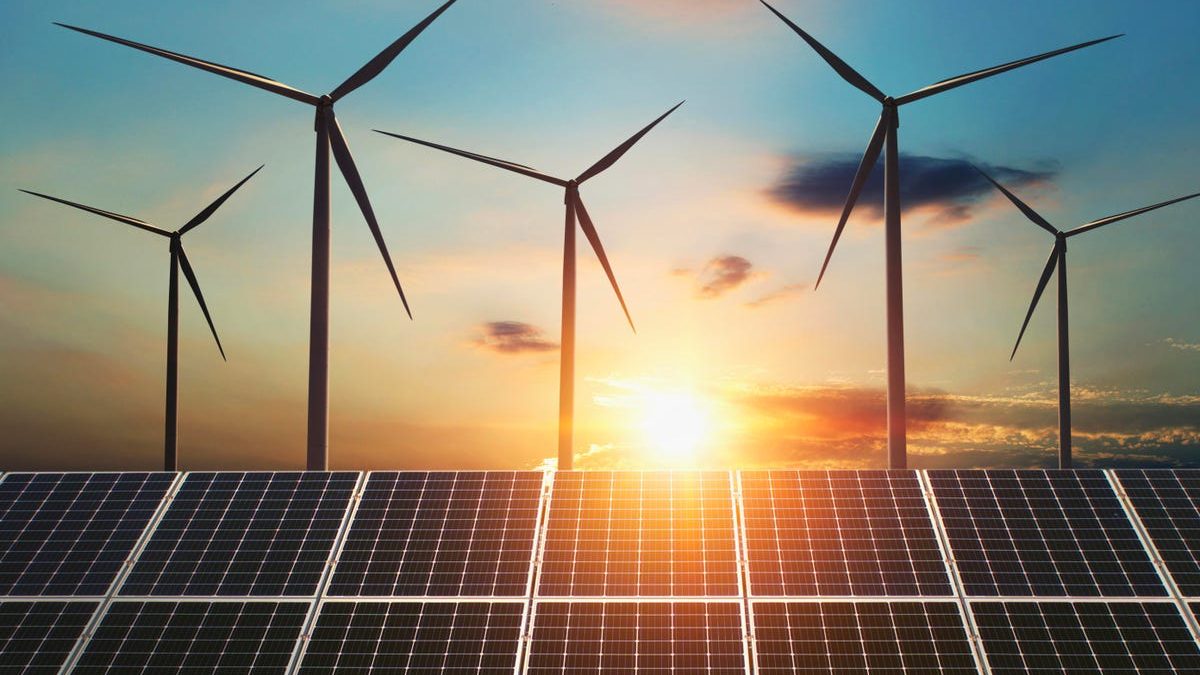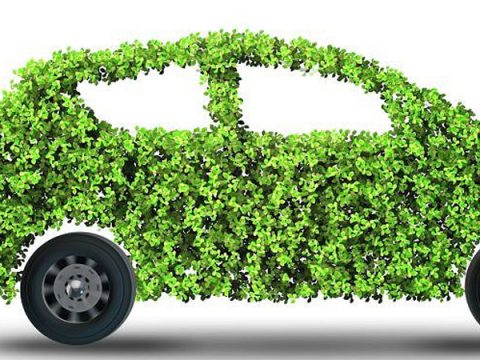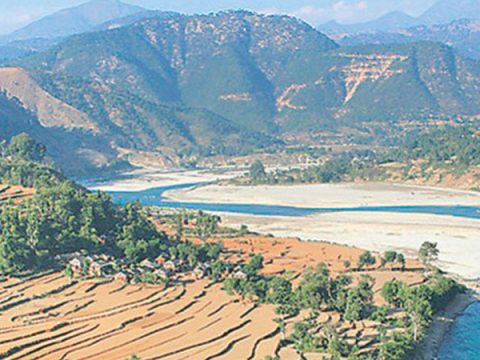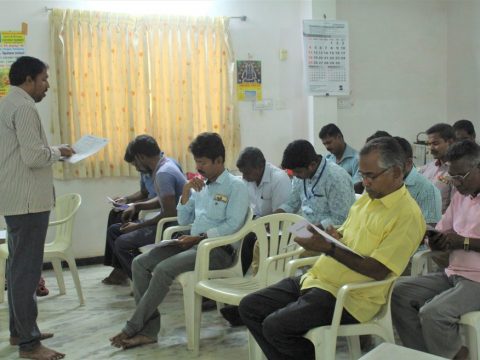South Asia, home to a quarter of the world’s population and a major energy consumer with some of the fastest-growing economies in the world, is also home to some of the greatest climate disasters. USAID has developed projects to support South Asian countries as they address some challenging impediments to decarbonization.
Through its Asia Enhanced Development and Growth through Energy (EDGE) initiative, USAID promotes utility modernization, the deployment of clean energy technologies, regional energy connectivity and trade, and competitive and transparent energy markets. To support Asia EDGE implementation in South Asia, USAID/India established the South Asia Regional Energy Hub (SAREH), a shared platform to help coordinate and communicate all Asia EDGE activities across the region.
The COVID-19 pandemic has amplified conversations around energy access, energy resilience and energy security. As social distancing and lockdowns became the norm across South Asia, SAREH forged new regional energy integration premised on building virtual, people-to-people ties by creating a platform where members could connect, share, and learn. Targeting audiences in six countries—Bhutan, Bangladesh, India, the Maldives, Nepal, and Sri Lanka—in November 2020, SAREH launched the South Asia Energy Series, a sequence of open-to-the-public webinars, allowing prominent public and private energy stakeholders to interact around clean energy development and deployment in South Asia, setting the stage for future energy partnerships. With each program, our tribe grew stronger, common themes emerged, and by the time of this writing in April 2021, the South Asia Energy series has engaged over 850 participants from more than 30 countries.
Here are five Energy Series session highlights from our journey so far:
In November 2020, SAREH collaborated with USAID’s South Asia Regional Initiative for Energy Integration and Smart Power for Advancing Reliability and Connectivity to engage power distribution leadership from South Asia in a webinar titled Tackling the Covid-19 Crisis with South Asian distribution companies (DISCOMs). Delegates shared their experiences, including a declining peak industrial and commercial power demand, an increased number of subsidized consumers and a need for digitization. SAREH also announced USAID’s upcoming “South Asia- Distribution Utility Network,” an informal platform for knowledge exchange, learning and practices between DISCOMs in South Asia.
Next, SAREH collaborated with USAID’s Greening the Grid-Renewable Integration and Sustainable Energy (GTG-RISE) initiative for a two-part webinar series that discussed the importance of enhancing grid integration and flexibility for a clean energy transition. In February 2021, we conducted the first part of our series on Coal-Based Flexible Power Generation sharing experiences on India’s coal plant flexibility as well as gaining an understanding of variable renewable energy in Bangladesh and Sri Lanka. The second part of the series in March 2021, focused on Battery Energy Storage Systems (BESS). The National Renewable Energy Laboratory (NREL) presented U.S. Department of State-funded energy storage projects in South Asia, Fluence shared its experience of navigating local challenges in BESS installation and GTG-RISE reported on their pilot projects’ experiences at the transmission and distribution level.
Another South Asia Energy Series webinar in March 2021 shed light on “Scaling Grid-Connected Distributed Solar In South Asia.” During the session, USAID’s Partnership to Advance Clean Energy-Deployment 2.0 program, NREL, and Lawrence Berkeley National Laboratory showcased results and lessons learned from their recent work with Indian national and sub-national governments.
Last month, SAREH, with USAID’s Smart Power for Advancing Reliability and Connectivity initiative and the civil society organization, Alliance for an Energy Efficient Economy, co-hosted a webinar, “Accelerating Electric Vehicle (EV) Charging in South Asia” to share insights from USAID’s work with Energy Efficiency Services Limited and the first large-scale roll-out of public EV-charging stations in India.





